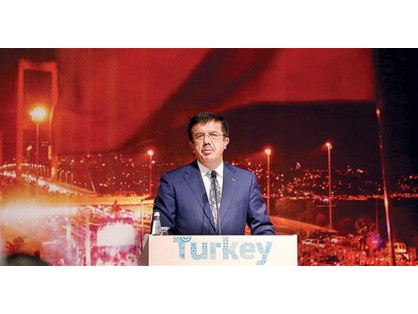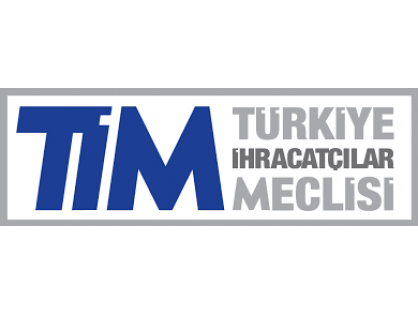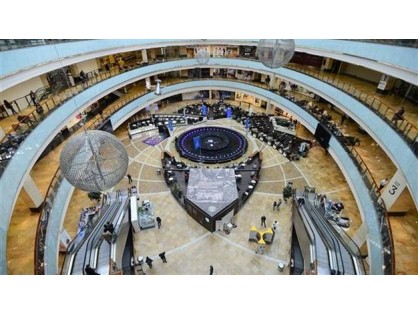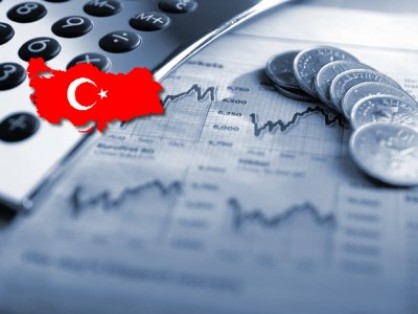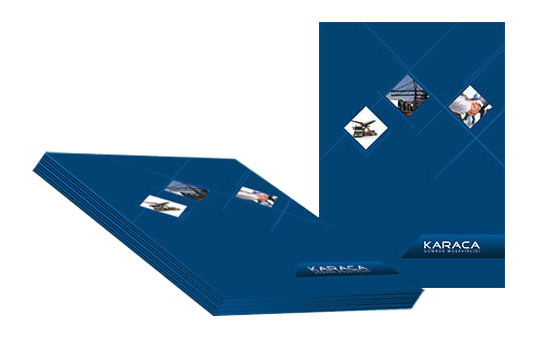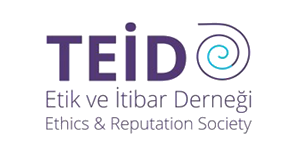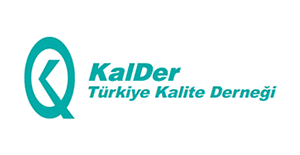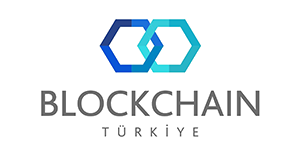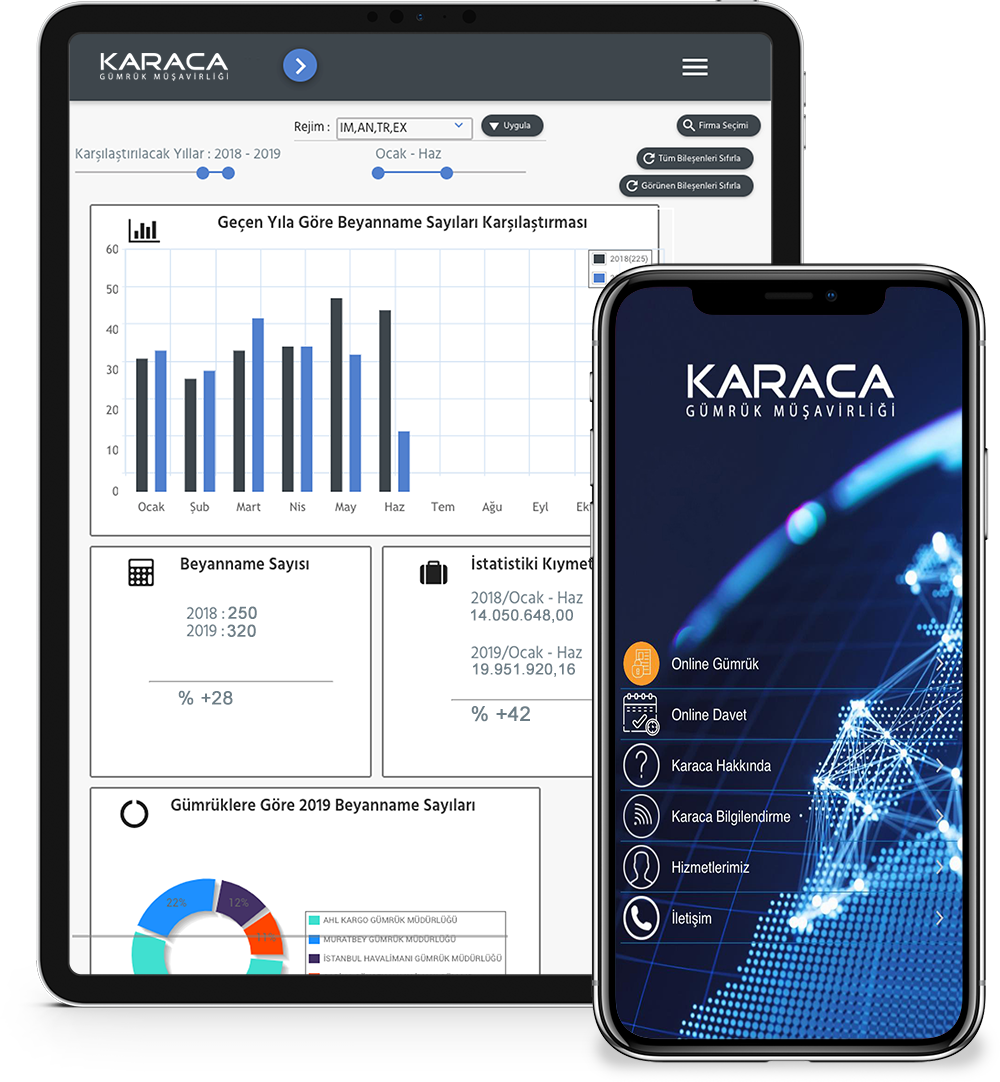Turkey set to establish free zone on e-commerce, logistics next to Istanbul’s third airport
Economy Minister Nihat Zeybekci has said an e-commerce and logistics zone will be established next to Istanbul’s third airport, which is currently under construction, while signaling new automotive investments and exports in the country. Speaking at a meeting with the head of the Turkish Exporters Assembly (TİM), Mehmet Büyükekşi, Zeybekci also said Turkey will likely reach its highest-ever boost in exports in July and close 2017 with an over $155 billion export figure. “We have taken a number of steps in a bid to solve the logistics problems, which were faced by many sectors, including the automotive sector. We will establish a free zone focusing on e-commerce and logistics next to Istanbul’s under-construction third airport,” he said late on July 13, as quoted by Reuters on July 14. He noted that Turkey would probably make more than $155 billion worth of exports. “Unless negative developments erupt, we hope to surpass our exports over $155 billion this year…Probably, we will hit the highest export boost in July,” he added. The airport is planned to serve 90 million passengers annually once the first stage of the project is completed in the first half of the 2018. According to data from the Economy Ministry, Turkey’s exports regressed to $142.6 billion in 2016 with a 0.84 percent year-on-year decrease. TİM data has showed that exports hit $77.5 billion in the first half of 2017 with an 8.2 percent increase compared to the same period of 2016. New automotive investments ‘underway’ Zeybekci also noted that a number of key investments would be launched in the upcoming period, a factor which will boost exports. “Some automotive brands, which are active in Turkey, plan to make our country one of the key production bases of their companies,” he noted. Nearly 15 global automotive giants have production facilities in Turkey. The sector is slated to make nearly 1.7 million vehicles this year by using more than 85 percent of capacity. Turkish automotive production rose 20 percent year-on-year to 869,158 vehicles in the first half, with output up 8 percent to 141,161 vehicles in June, Turkey’s automotive producers’ body said on July 10. Domestic automotive sales, including both cars, light and heavy commercial vehicles, fell 9 percent to 410,609 units in the first half as last year’s tax increases and forex induced price increases continued to put pressure on markets. Turkey’s automotive exports climbed 29 percent to 714,284 units, led by a 48 percent rise in car exports as manufacturers continued to ramp up the output of export-oriented models. Turkey’s Automotive Industry Association (İSO) also upped its year-end production forecast to 1.7 million vehicles from 1.65 million.
AA
